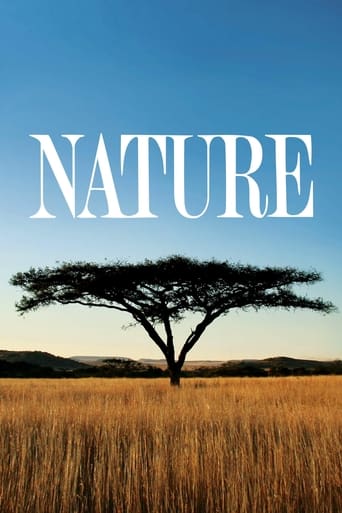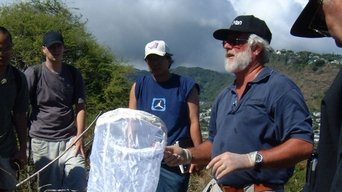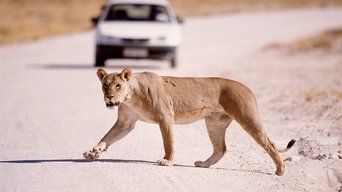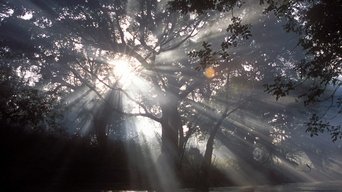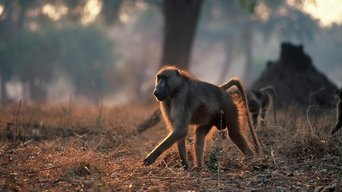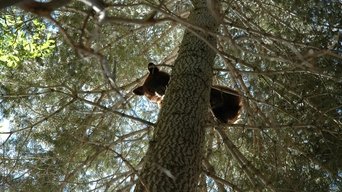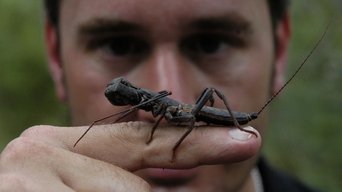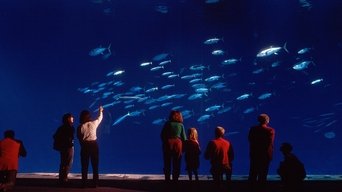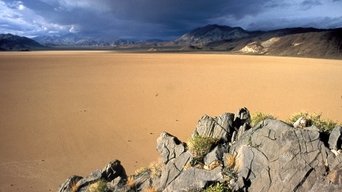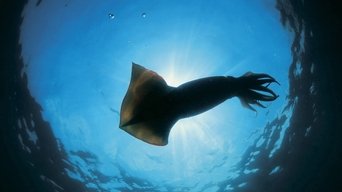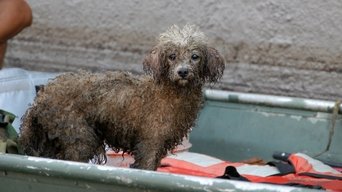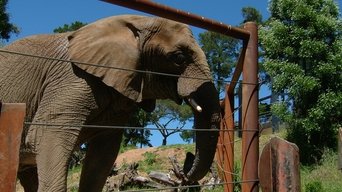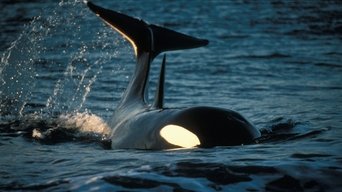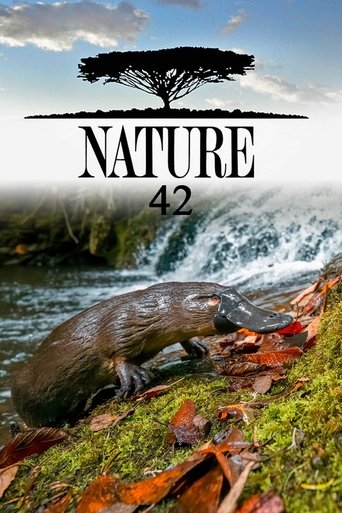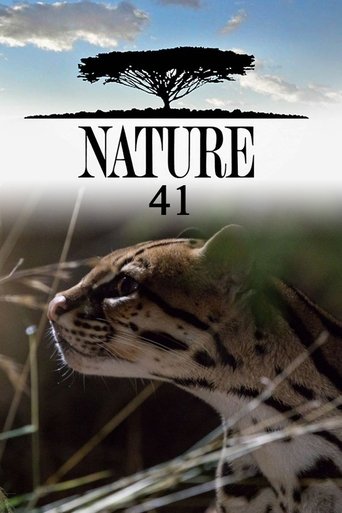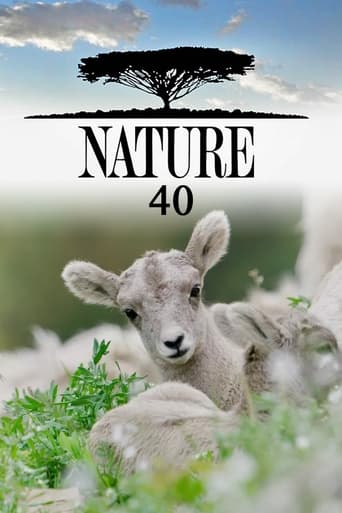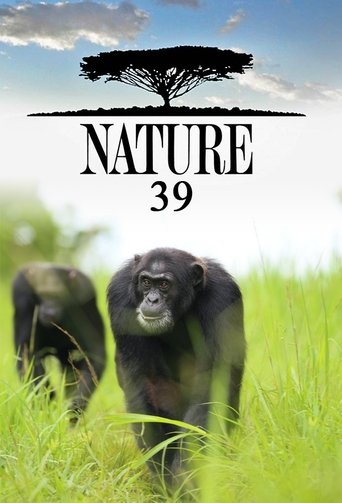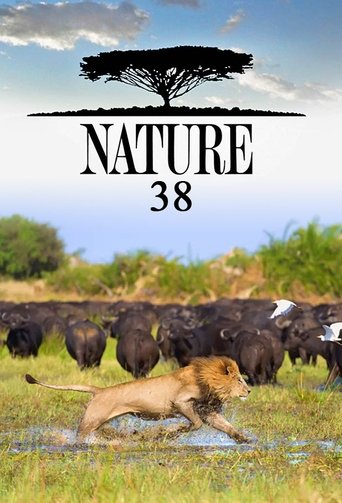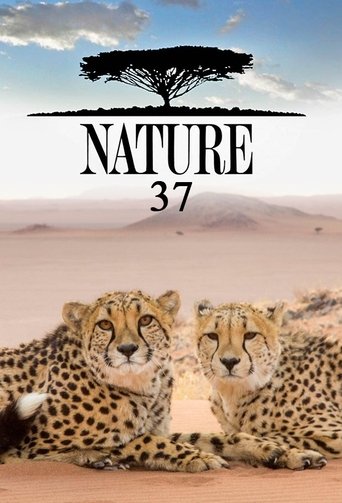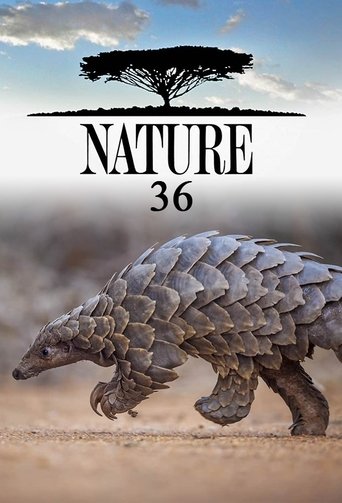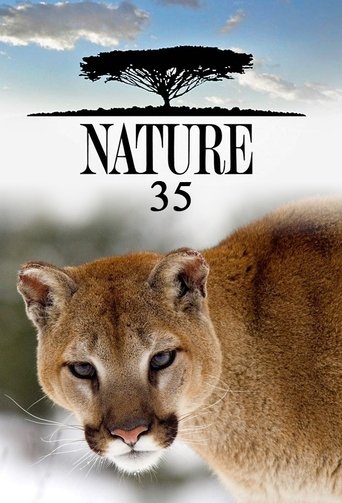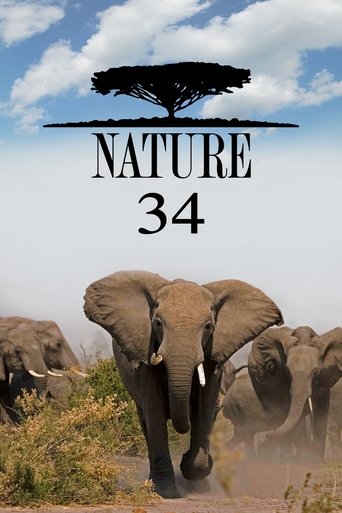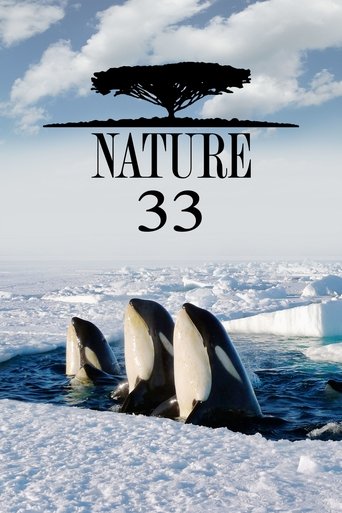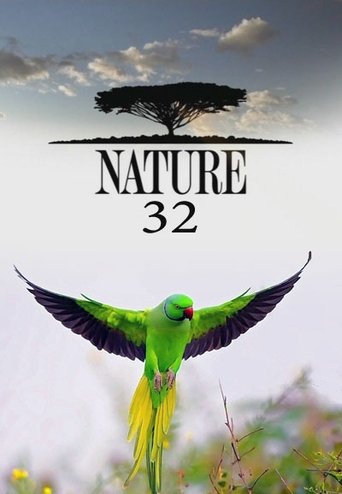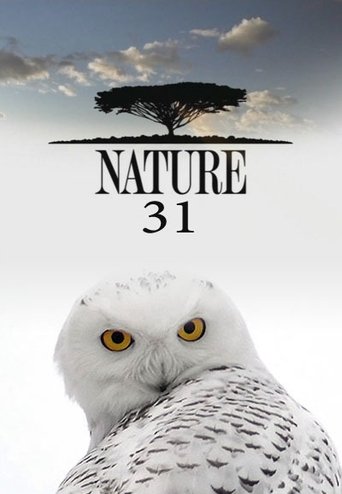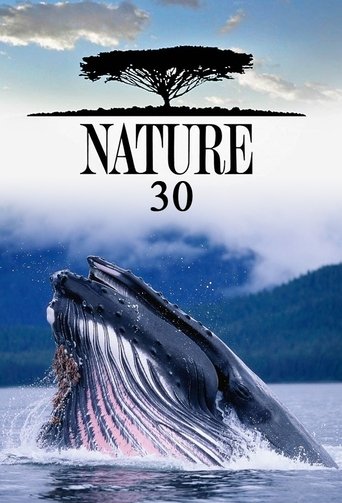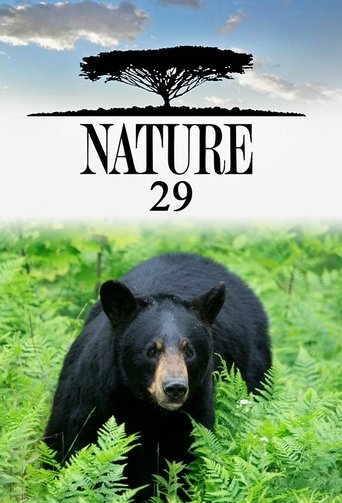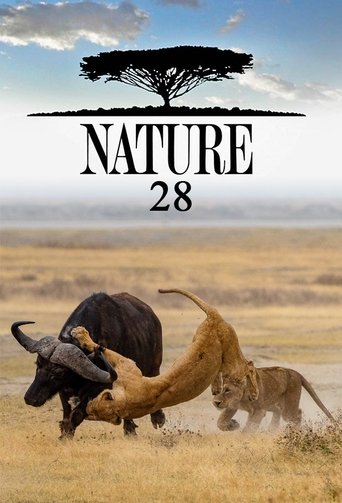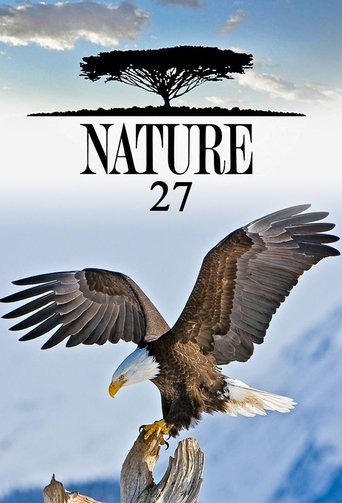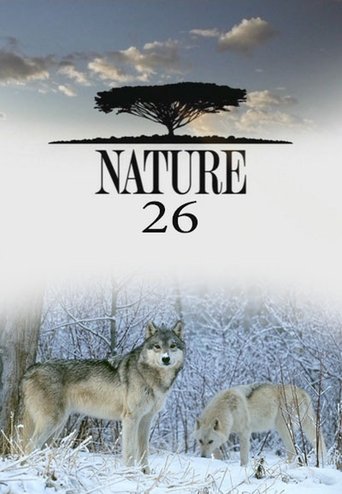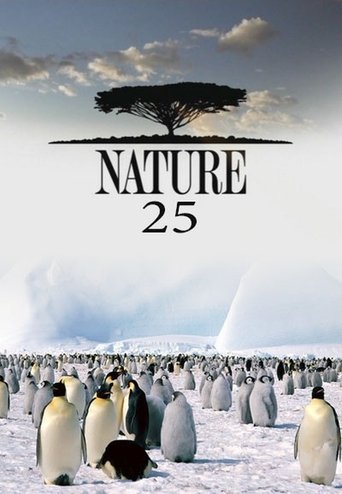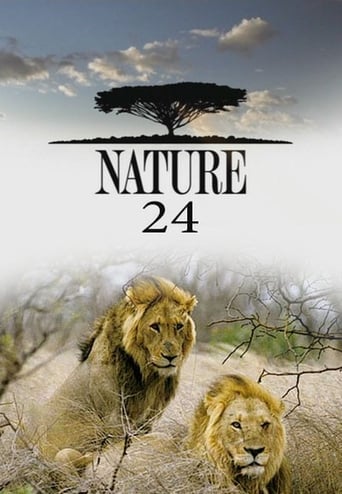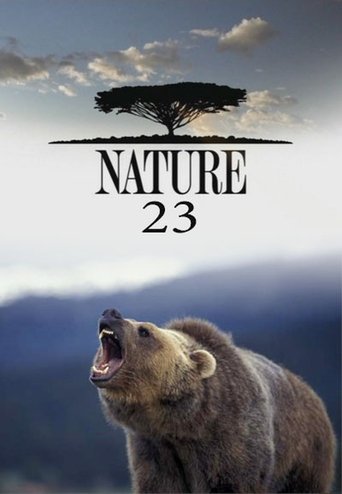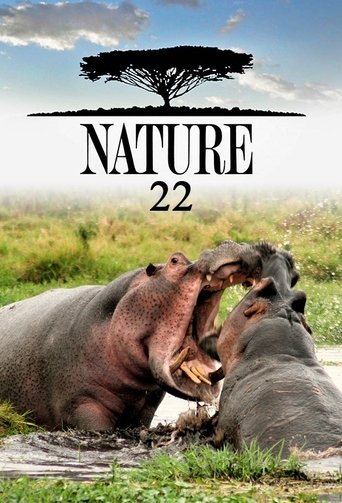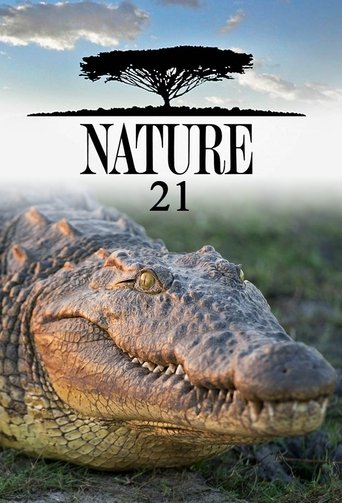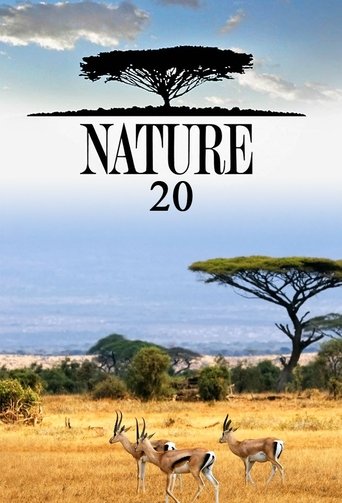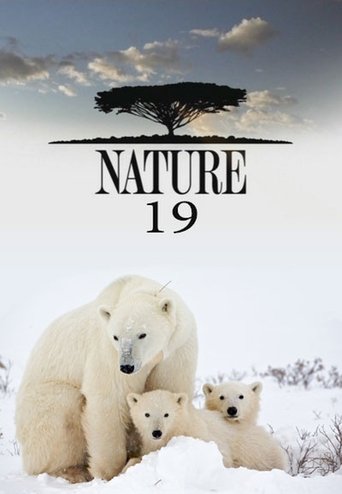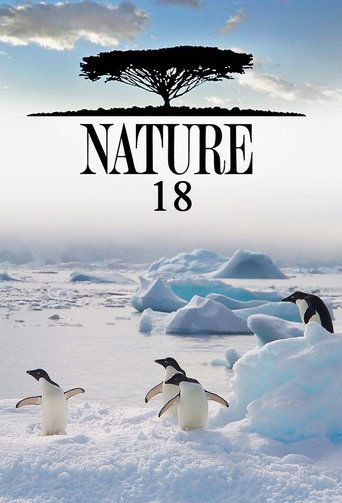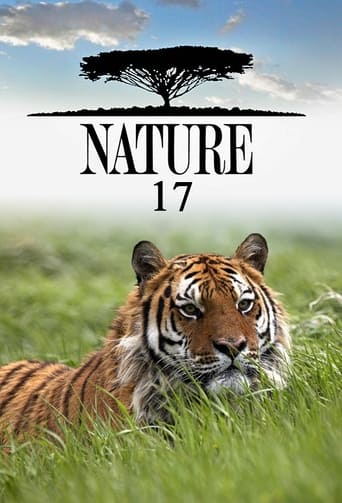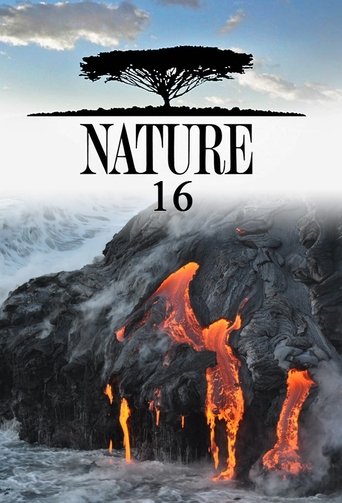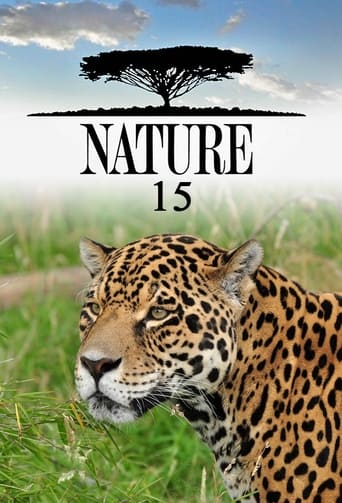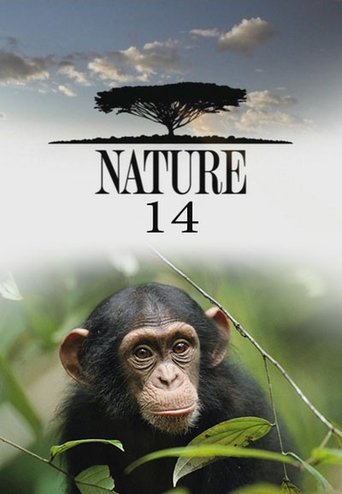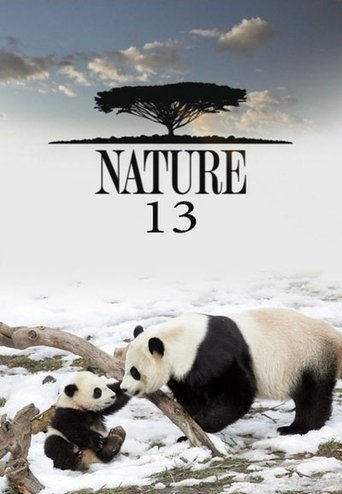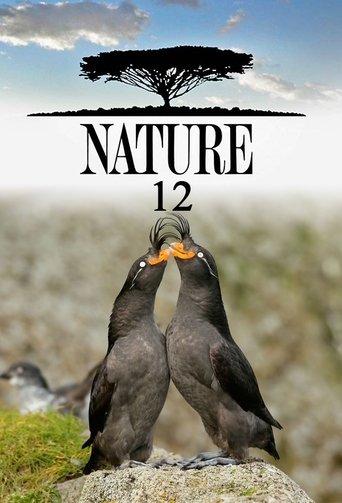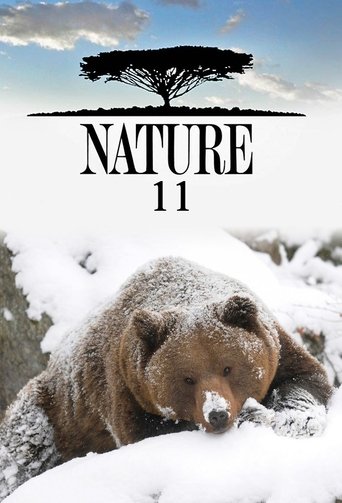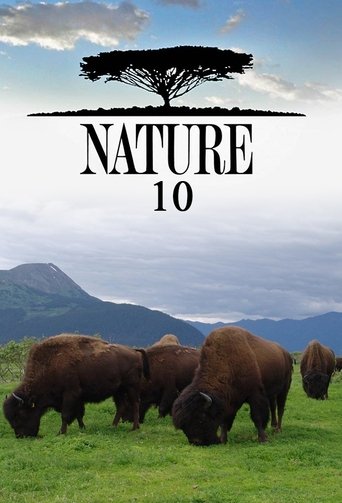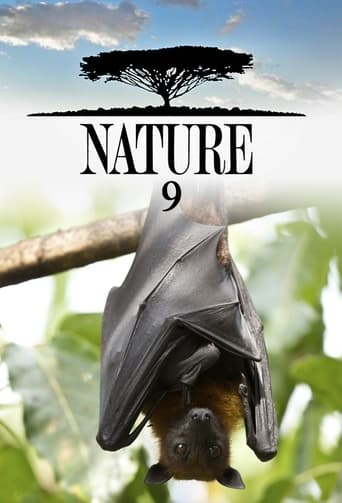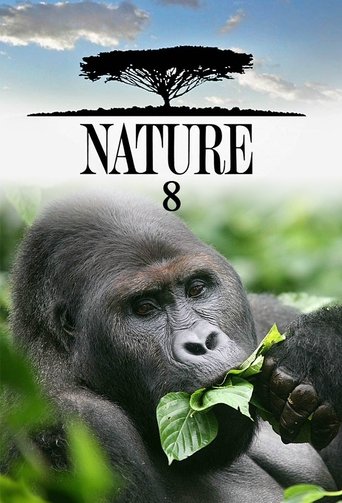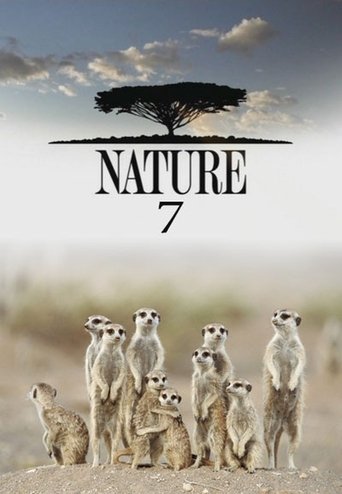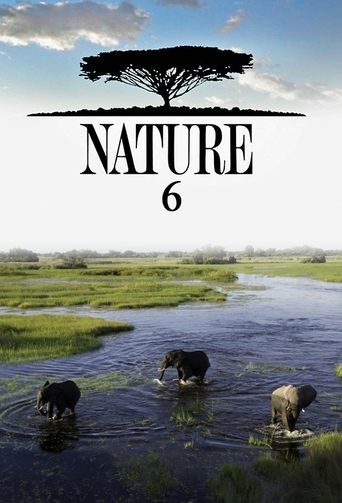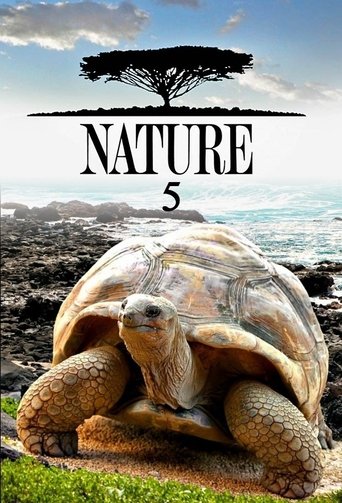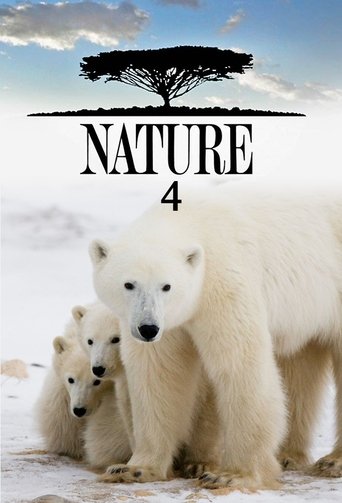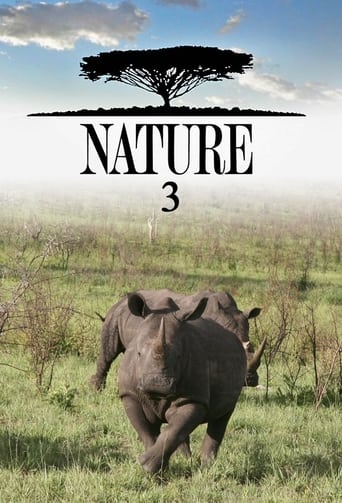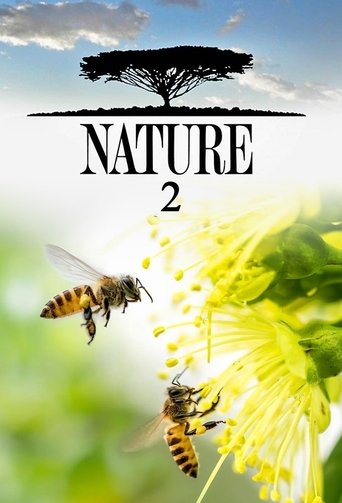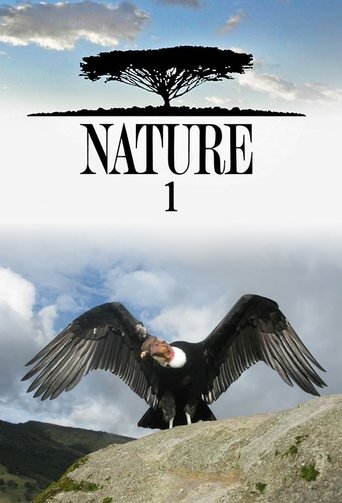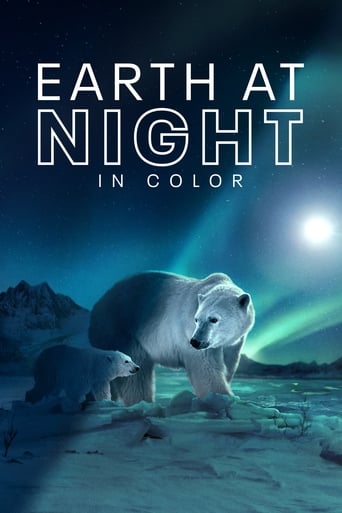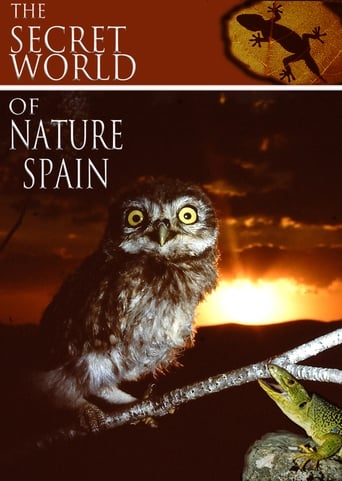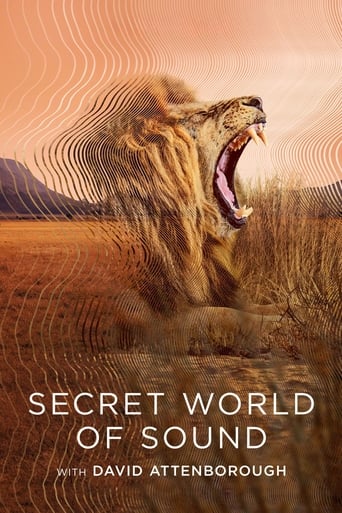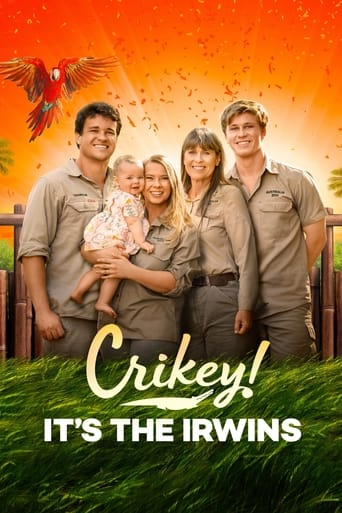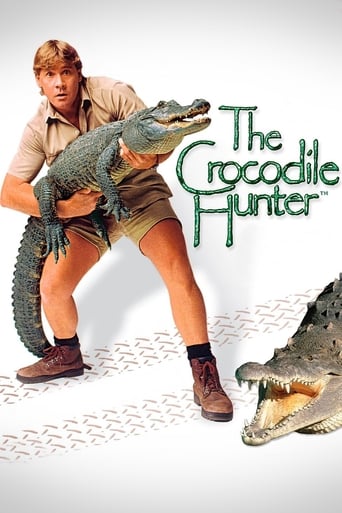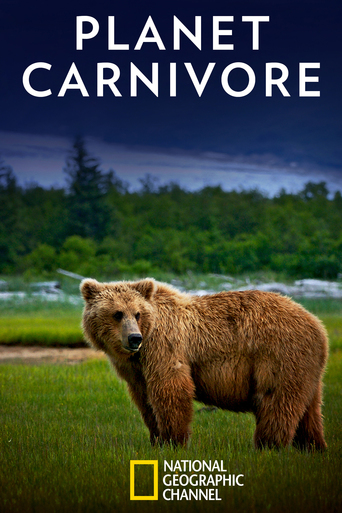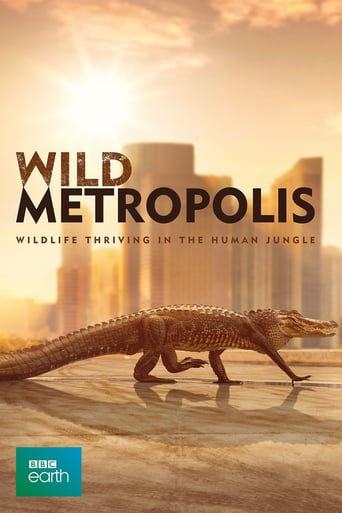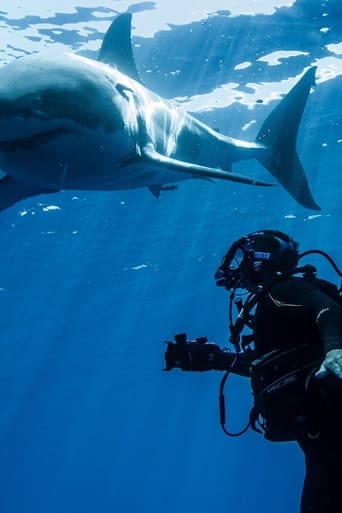Nature Season 24
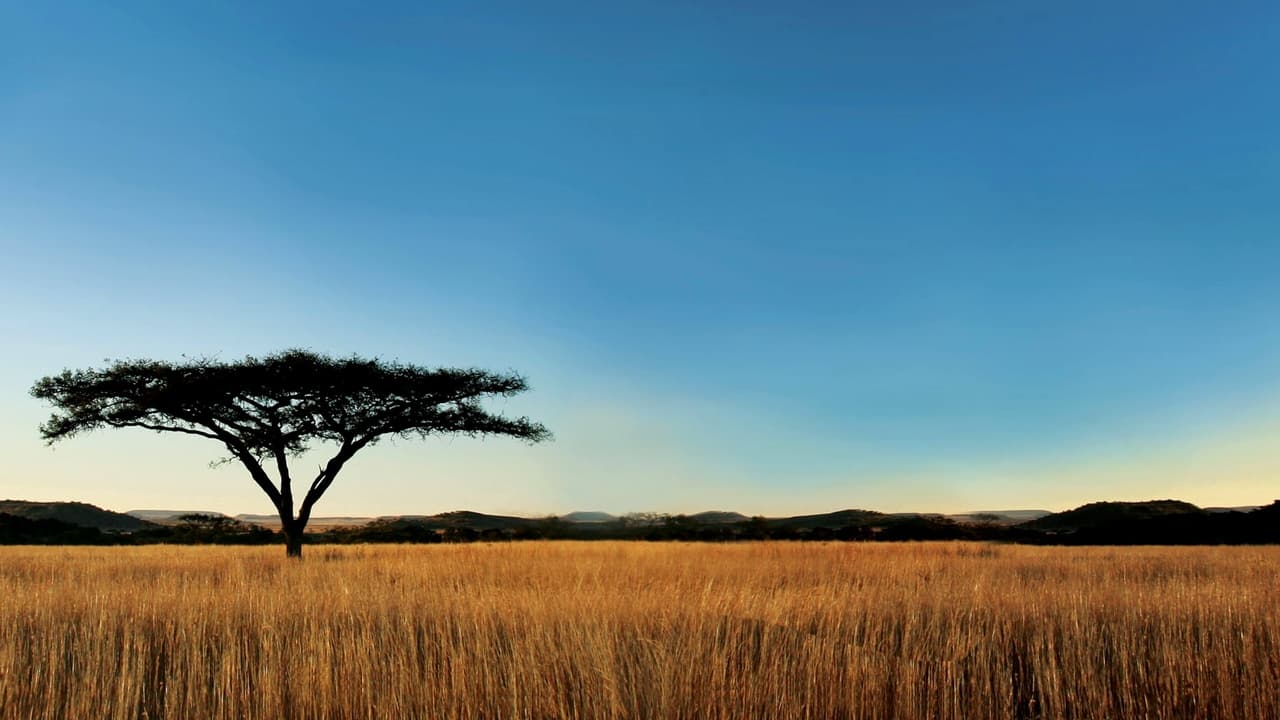
Consistently stunning documentaries transport viewers to far-flung locations ranging from the torrid African plains to the chilly splendours of icy Antarctica. The show's primary focus is on animals and ecosystems around the world. A comic book based on the show, meant to be used an as educational tool for kids, was briefly distributed to museums and schools at no cost in the mid-2000s.
Watch NowWith 30 Day Free Trial!
Nature
1982 / TV-G

Consistently stunning documentaries transport viewers to far-flung locations ranging from the torrid African plains to the chilly splendours of icy Antarctica. The show's primary focus is on animals and ecosystems around the world. A comic book based on the show, meant to be used an as educational tool for kids, was briefly distributed to museums and schools at no cost in the mid-2000s.
Watch Trailer
With 30 Day Free Trial!
Nature Season 24 Full Episode Guide
They are among the most reliable witnesses to a crime — expert in their testimony and bulletproof in their account. Yet they never utter a single word. They are the animals, plants, and insects that are being recruited by a special breed of forensic scientists to solve the most seemingly impenetrable of crimes.
Africa's lion population appears to be declining at an alarming rate. NATURE's THE VANISHING LIONS searches for explanations and solutions to the troubling trend. Across Africa, the King of Beasts is in trouble. In the late 20th century, wildlife preserves were created to curtail safari hunting, but the African lion population continues to decline. Their numbers have dwindled from 100,000 in the early 1990s to no more than 30,000 and as few as 16,000 today. What could be endangering the King of Beasts?
Patricia Clarkson narrates this look at the relationship between the sycamore fig tree and the tiny fig wasp, which is so small it could fly through the eye of a needle. The trees, which flourish in Kenya, produce fruit that provides nourishment to more wildlife than any other tree in Africa, but without the pollination the wasp provides, that might not occur. The documentary also examines other creatures that make the trees their homes, including gray hornbills (one of Africa's largest birds).
A troop of chacma baboons in Zimbabwe is taken over by and forced to adjust to a new male "king." A pair of twins, along with every other young baboon in the troop, is in danger because the king must kill the females' offspring before he can mate with them.
"Animals Behaving Worse," the sequel to "Animals Behaving Badly," explores the clever and often amusing ways in which animals must behave in order to survive the increasing presence of humans.
Join spider expert Martin Nicholas, a mild-mannered water treatment engineer by day, as he tours the world in search of some of the most amazing arachnids.
Underdogs tells the poignant story of two misfit dogs whose lives were turned around by people who saw their potential for greatness.
For more than 20 years, the Monterey Bay Aquarium has entertained, educated, and fascinated its nearly 2 million annual visitors with pioneering displays of realistic undersea environments. Now NATURE gives viewers a behind-the-scenes look at one of the world’s leading centers for marine research and conservation — a marvel of engineering and biology that, literally, captures Oceans in Glass.
Anthony LaPaglia narrates this look at life in one of the world's most inhospitable places, Death Valley. Included: Devil's Hole pupfish, which live in waters deep beneath the desert's surface and whose numbers are dwindling; kangaroo rats; black-tailed jackrabbits; and bighorn sheep, which have a nine-stage digestive system that enables them to eat even the harshest of desert plants; and the desert tortoise, which eats enough food for a year---and mates---during just two weeks each spring.
Underwater cameraman Bob Cranston explores the remarkable world of marine creatures called cephalopods, which include squids, cuttlefish, octopi, and nautili.
Rescue missions to save animals in the aftermath of Hurricane Katrina. Included: a dog that spent days on a rooftop is saved; four dolphins that were washed out to sea from the Marine Life Oceanarium in Gulfport, Miss., are rescued by a NOAA crew. Also: the evacuation of 19 penguins, two sea otters, a sea turtle and sea dragons from the Audubon Aquarium of the Americas in New Orleans.
In interviews with scientists and eyewitnesses, NATURE probes the evidence that some animals may have senses that allow them to predict impending natural disasters long before we can.
On the southeast coast of Australia, the town of Eden nestles along the shores of Twofold Bay. It was once a center of Australia’s thriving whaling industry, in part because it lies along the migration path of baleen whales swimming northward from the Antarctic. But residents say Eden’s whalers got some unusual help — from orcas, or killer whales, that patrolled offshore.
Free Trial Channels
Seasons


